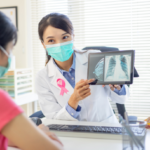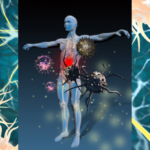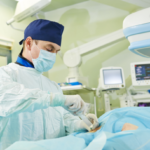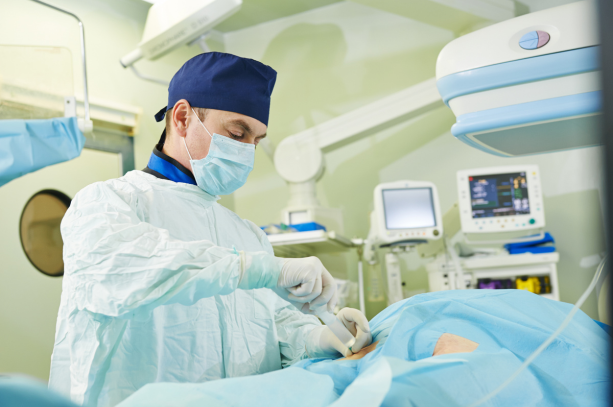Cancer is a disease that can affect anyone, regardless of age or background. However, the outcomes for patients can vary significantly based on how early the cancer is detected. Early detection often means finding cancer before symptoms appear, when it is most treatable. Understanding the importance of early cancer detection and knowing what to look out for can be life-saving.
Why Early Detection Matters
Detecting cancer early increases the chances of successful treatment and survival. When cancer is identified at an early stage, it is often confined to its original location and has not yet spread to other parts of the body. This means treatments like surgery, radiation, and chemotherapy are more likely to be effective. In many cases, early detection allows for less aggressive treatment, leading to fewer side effects and a better quality of life.
Common Warning Signs
While cancer can sometimes be silent, certain signs and symptoms can indicate its presence. It is crucial to be aware of these warning signs and consult a healthcare professional if they appear:
- Unusual lumps or swelling: A persistent lump or thickening in areas such as the breast, testicles, or elsewhere can be a sign of cancer.
- Persistent cough or hoarseness: A cough that doesn’t go away or a change in voice could indicate lung or throat cancer.
- Unexplained weight loss: Losing weight without trying, especially if it’s over 10 pounds, can be a sign of cancer.
- Changes in bowel or bladder habits: Blood in the stool, persistent diarrhea, or constipation can indicate colon cancer, while blood in the urine may signal bladder or kidney cancer.
- Unexplained bleeding or discharge: Unusual bleeding from any body part should be checked out by a healthcare provider.
- Changes in a mole or skin lesion: Any changes in size, shape, or color of moles should be evaluated for skin cancer.
Screening Tests and Recommendations
Routine screening tests can detect cancer before symptoms appear. Here are some of the most common screening tests recommended by healthcare professionals:
- Mammograms: Used to screen for breast cancer. Women aged 40 and older are encouraged to have mammograms regularly.
- Pap Smear and HPV Testing: Used to screen for cervical cancer. Women should start testing at age 21.
- Colonoscopy: A procedure to screen for colorectal cancer. Recommended for adults starting at age 45 or earlier if there is a family history.
- Low-Dose CT Scans: Used for lung cancer screening, particularly for long-term smokers or those with a heavy smoking history.
- Prostate-Specific Antigen (PSA) Test: Used to screen for prostate cancer in men.
Conclusion
Early detection of cancer is a critical factor in the fight against this disease. By staying informed, undergoing regular screenings, and being vigilant about changes in your body, you can improve the chances of catching cancer early. If you have concerns or a family history of cancer, talk to your healthcare provider about the best screening options for you. Remember, early detection can save lives.






